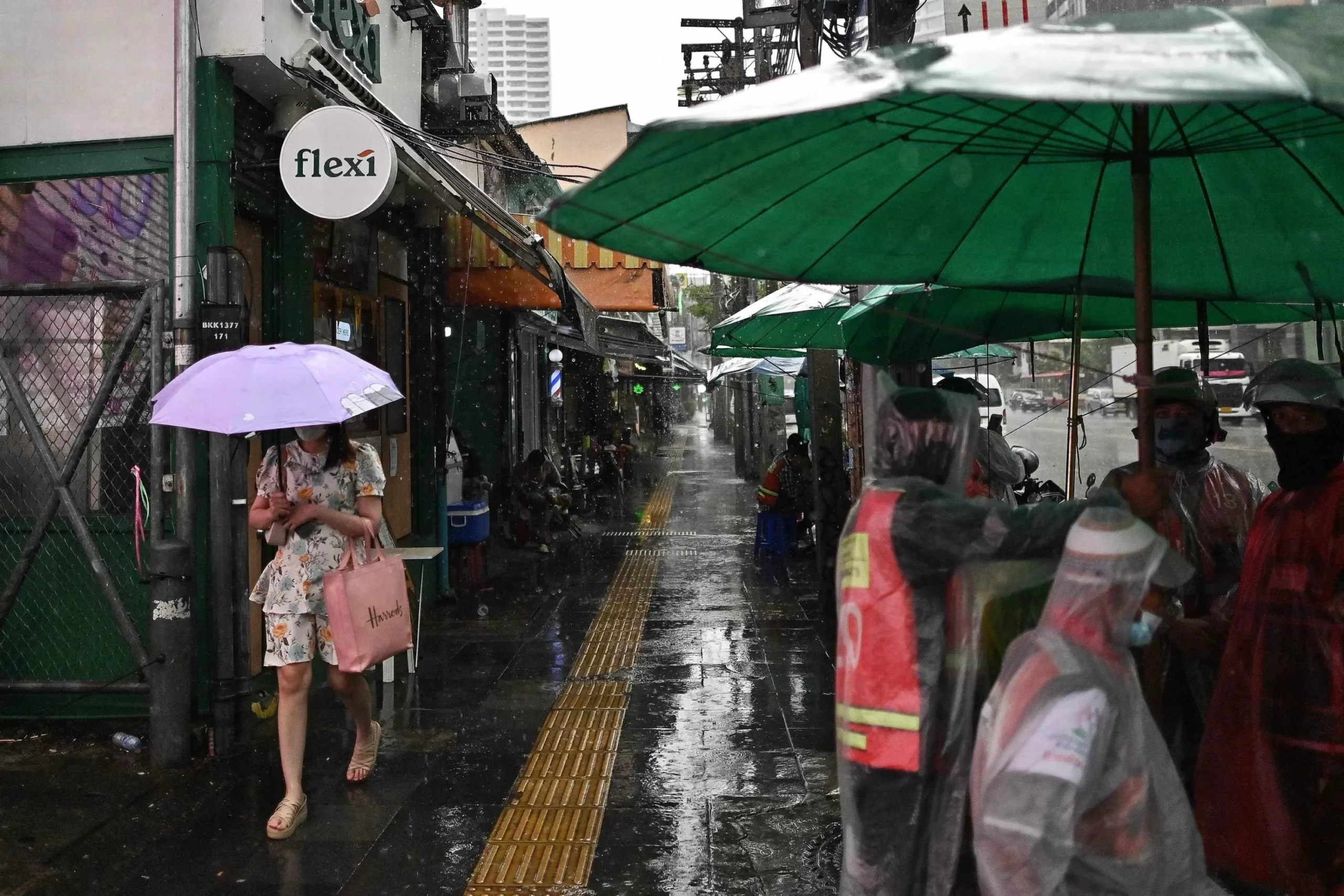Thailand’s bustling capital, Bangkok, may be facing a daunting reality in the near future. A senior official from the country’s climate change office has recently revealed that the city may have to consider relocating due to the rising sea levels. The news has sent shockwaves through the country, as Bangkok has been the heart of Thailand’s economy and culture for centuries. This potential relocation is not a decision to be taken lightly, but with careful consideration and determination, Thailand can continue to thrive even in the face of such challenges.
The threat of rising sea levels is not a new issue for Thailand. For years, the country has been aware of the gravity of the situation and has taken steps to mitigate the impact of climate change. But as the world continues to witness the effects of global warming, the situation has become more urgent. According to a report by the World Bank, Bangkok is one of the top 10 cities in the world most at risk of experiencing the severe effects of rising sea levels. This includes coastal flooding, erosion, and saltwater intrusion, which could potentially be disastrous for the city and its residents.
The senior official from Thailand’s climate change office, who spoke to Agence France-Presse, stated that a potential relocation plan for the capital is now necessary to ensure the safety and well-being of its citizens in the long run. The plan would involve moving key government offices, industries, and infrastructure to higher ground and creating a new capital city in a less vulnerable location. This would not only protect the country’s economic and cultural center but also serve as a strategic move towards creating a more sustainable future.
Relocating a city is by no means an easy task, and it would require significant resources and careful planning. However, Thailand has already shown its determination in tackling climate change through various initiatives and policies. The country has been investing in renewable energy, promoting sustainable tourism, and implementing measures to reduce carbon emissions. This relocation plan would be just another step in Thailand’s commitment to combat climate change and ensure a prosperous future for its people.
The potential relocation also presents an opportunity for Thailand to create a more modern and sustainable capital city. The new capital could be designed with environmentally friendly infrastructure, efficient transportation systems, and green spaces. This would not only reduce the impact of climate change but also improve the overall quality of life for its citizens.
Moreover, Thailand’s relocation plan would also have a positive impact on the economy. The new capital city could attract more foreign investments, boost tourism, and create new job opportunities. With careful planning and execution, this relocation could have long-term economic benefits for the country.
As with any major decision, there will be challenges and obstacles to overcome. But, Thailand has shown its resilience and adaptability time and again. It has successfully navigated through natural disasters, political turmoil, and economic crises. With the right leadership and determination, the country can overcome this challenge as well.
In conclusion, the potential relocation of Bangkok due to rising sea levels may seem daunting and disheartening, but it is a necessary step towards ensuring the safety, prosperity, and sustainability of Thailand. The country’s strong determination and resilience will be put to the test, but with careful planning and execution, the new capital city could be a shining example of a modern and sustainable city. Let us embrace this opportunity and work towards creating a better future for Thailand and its people.




